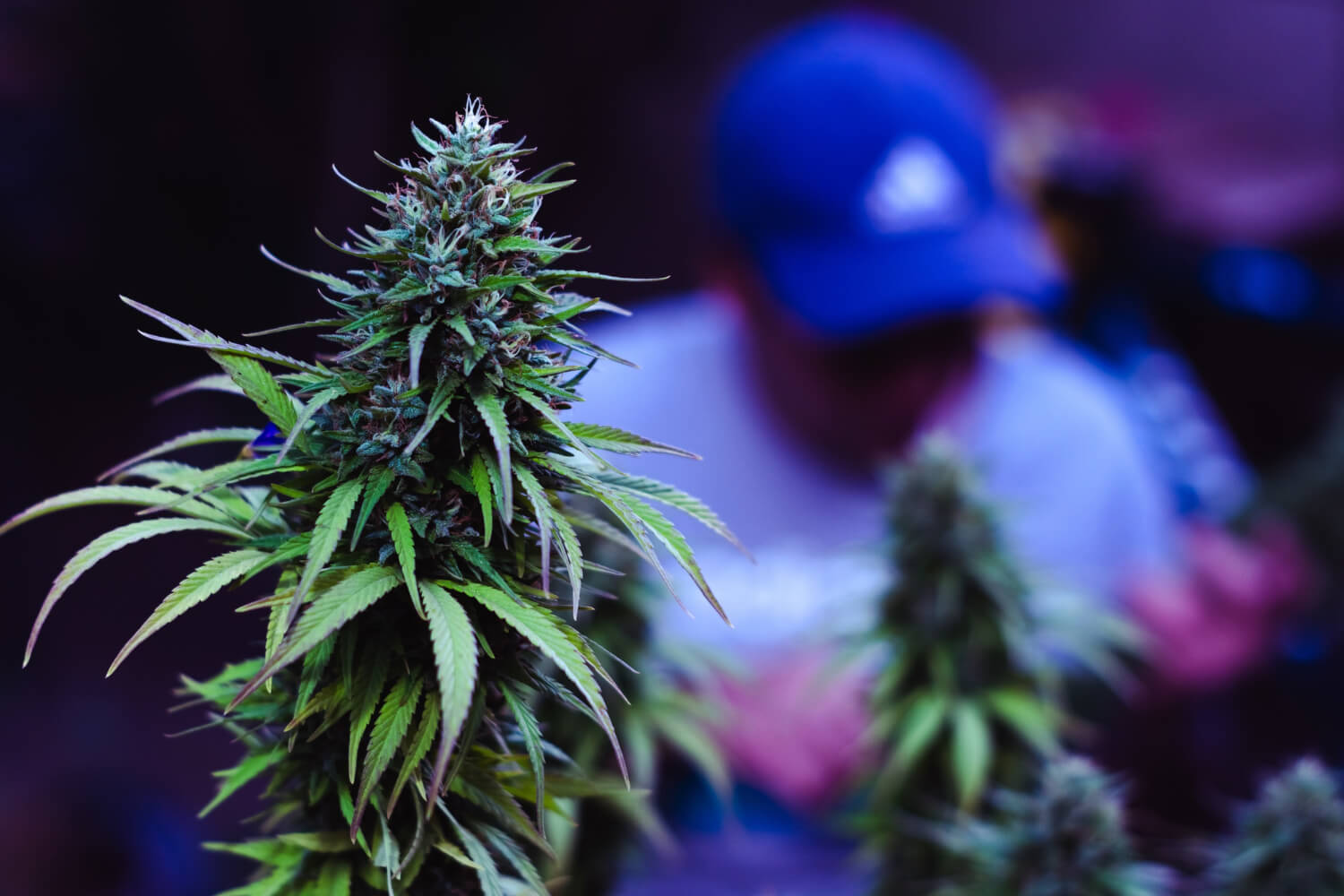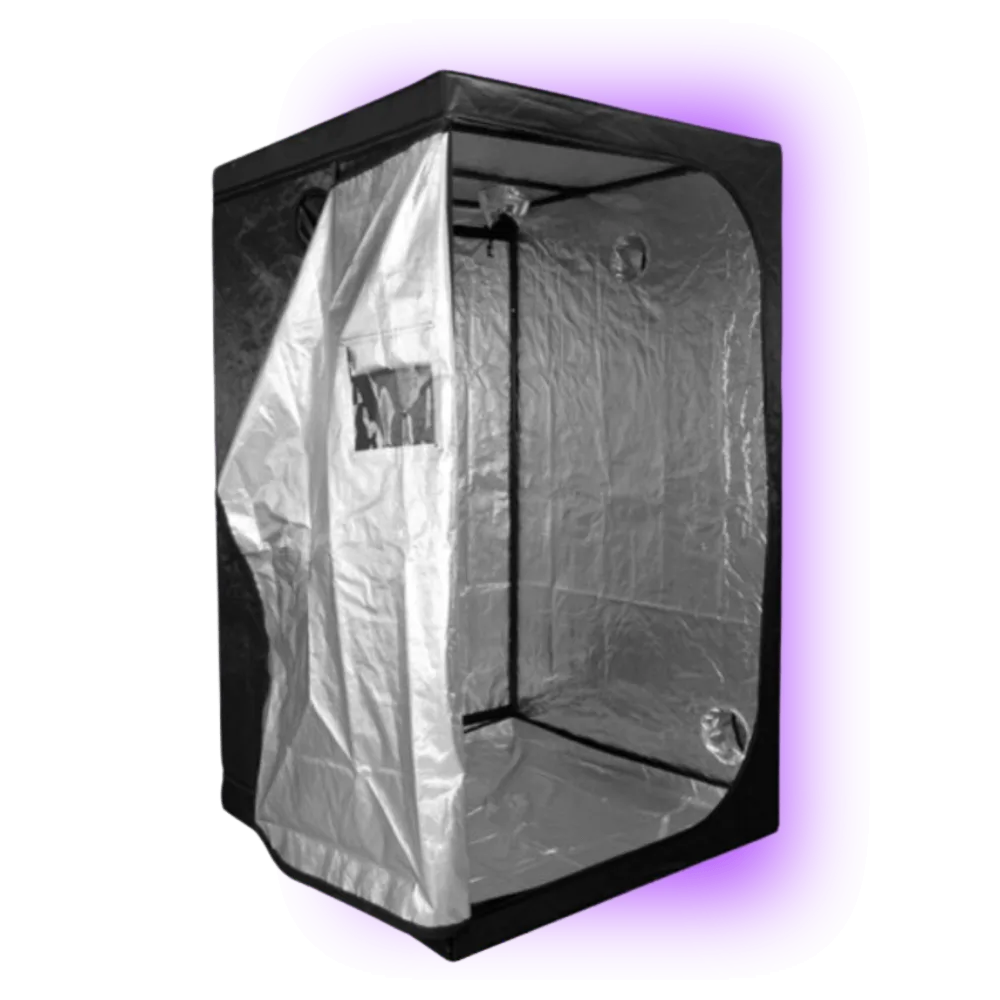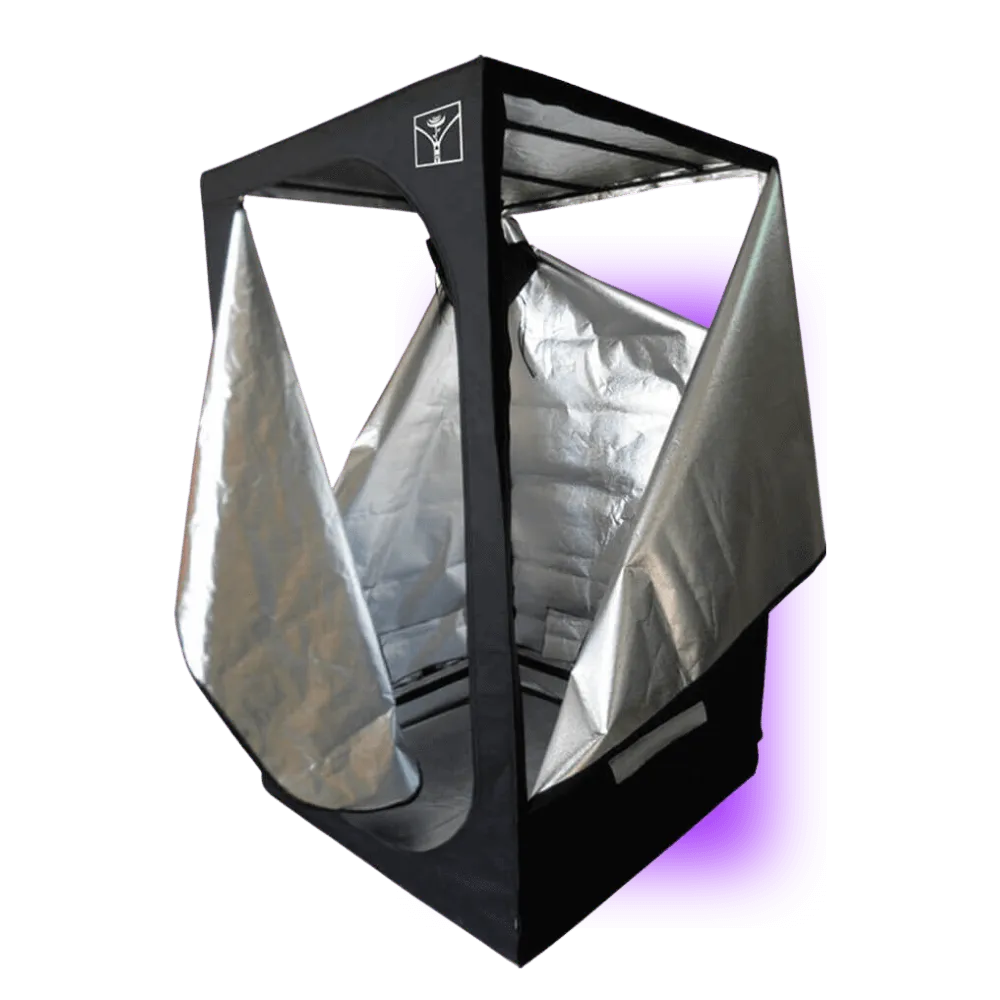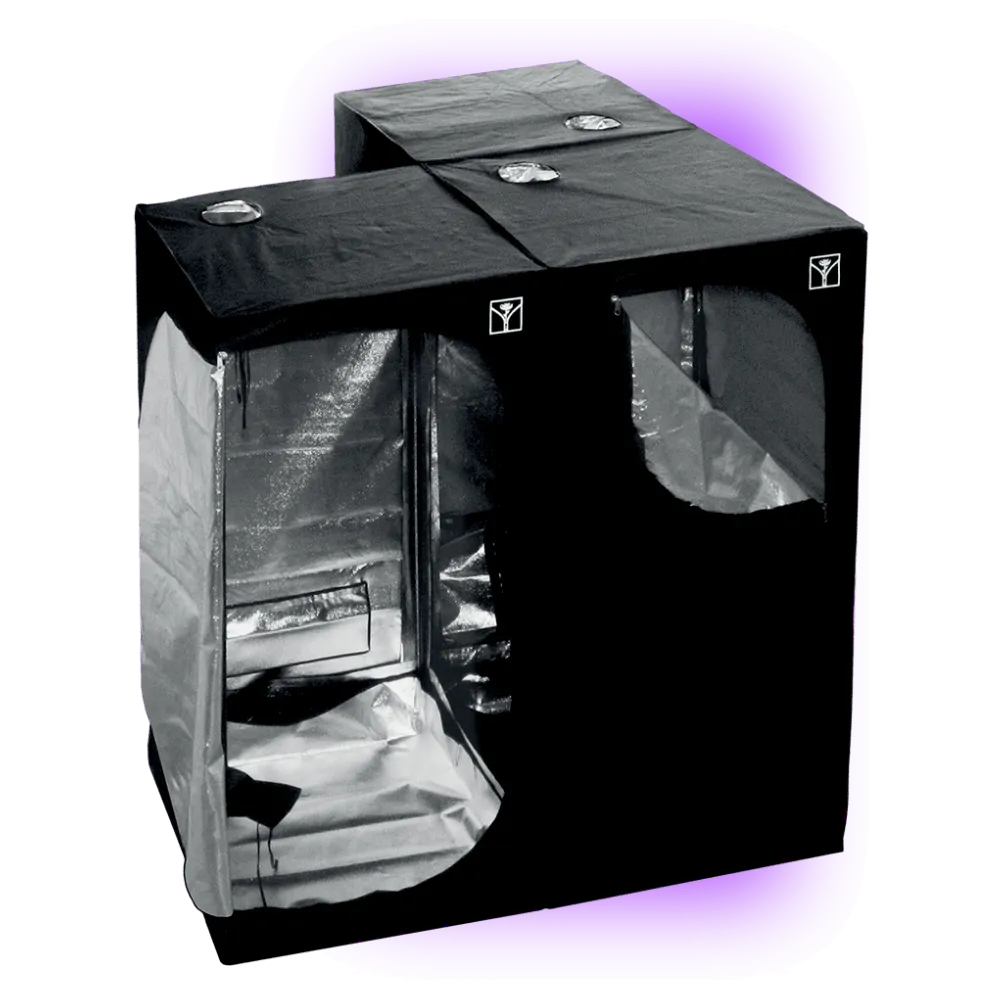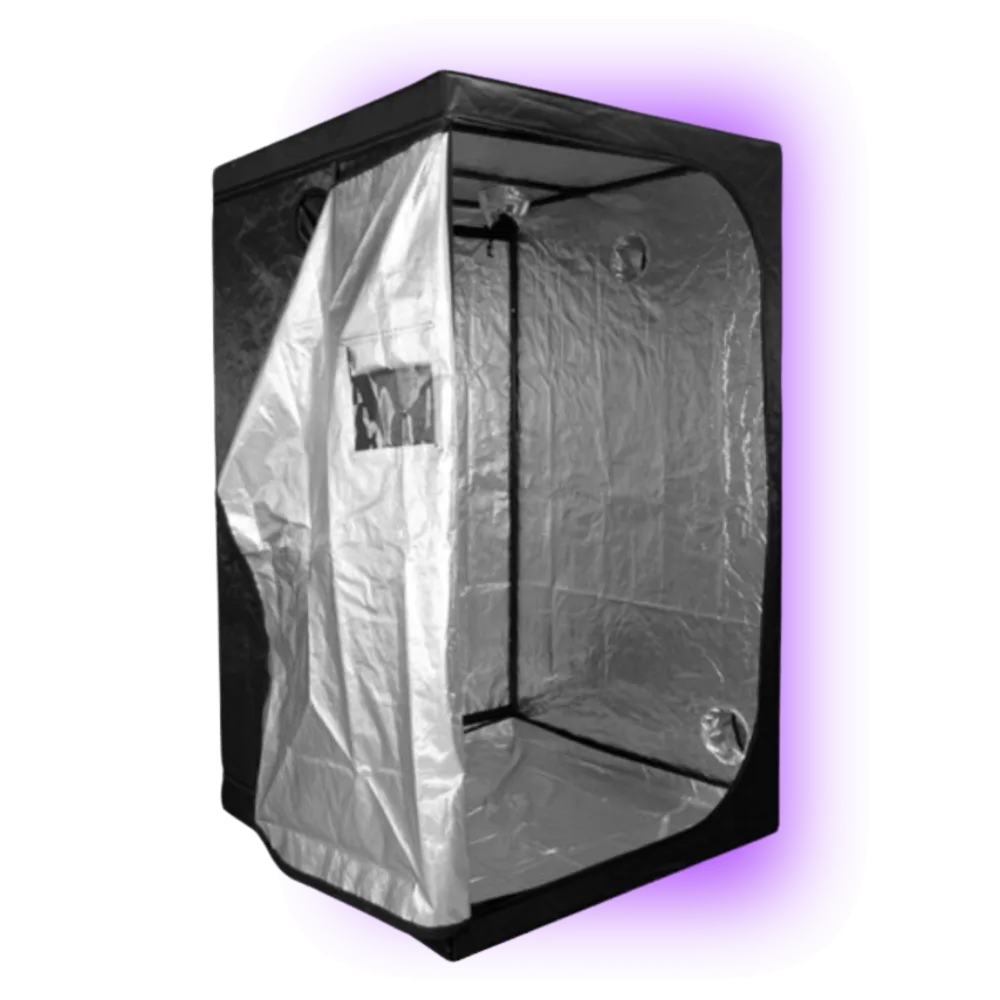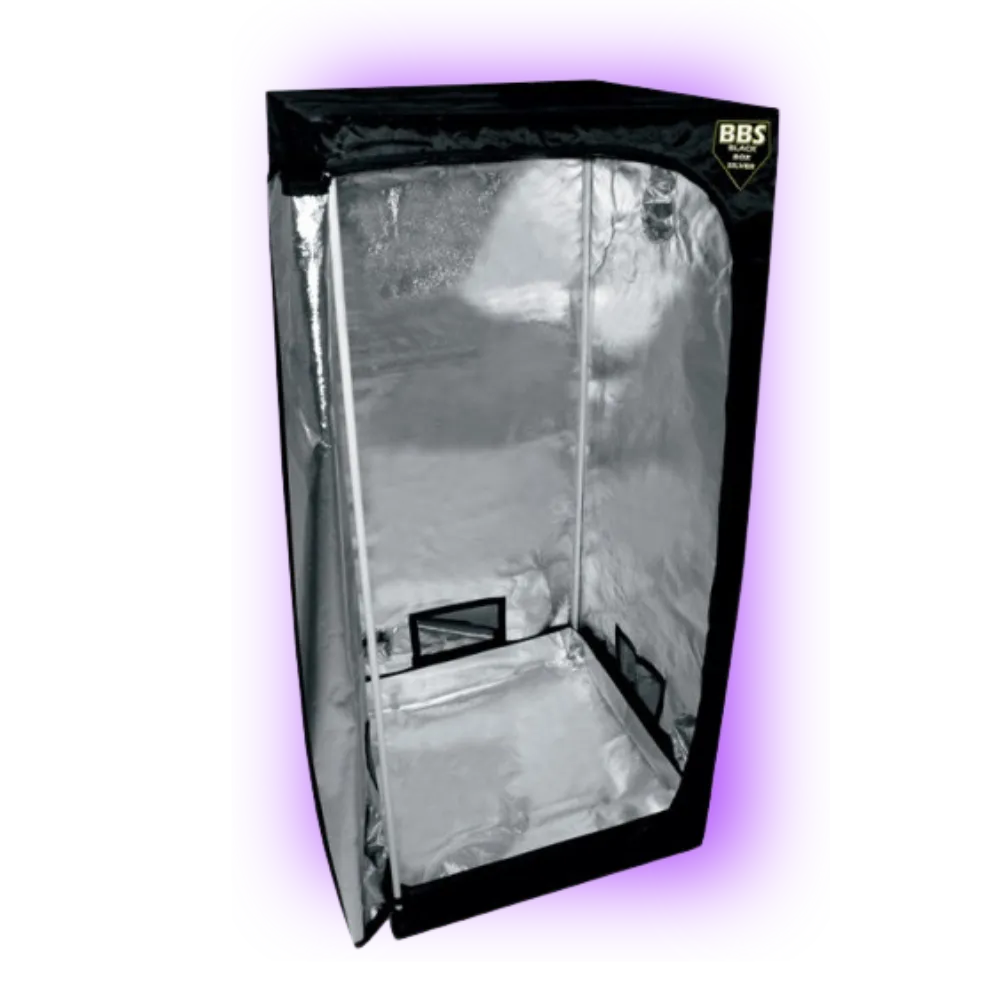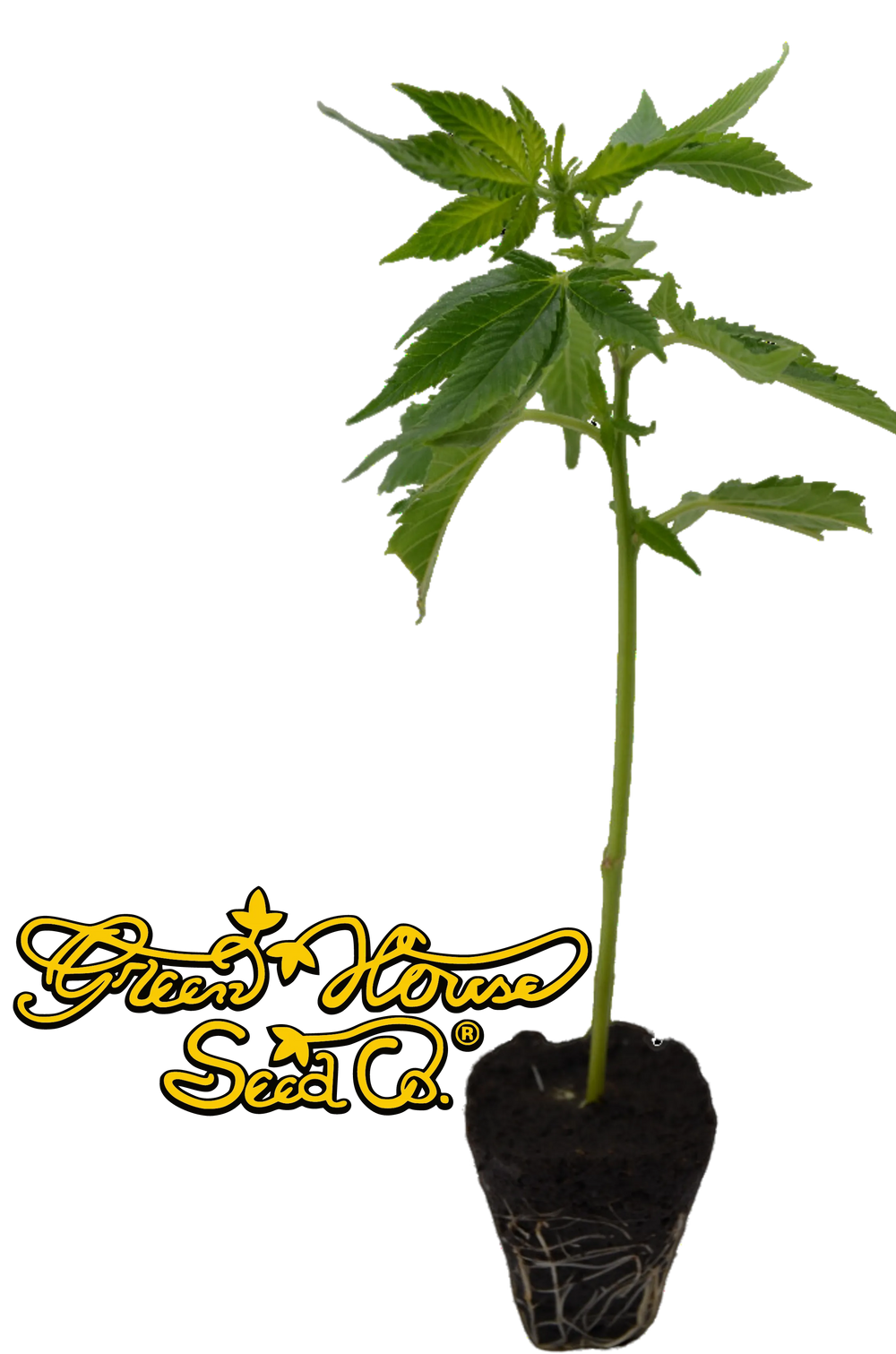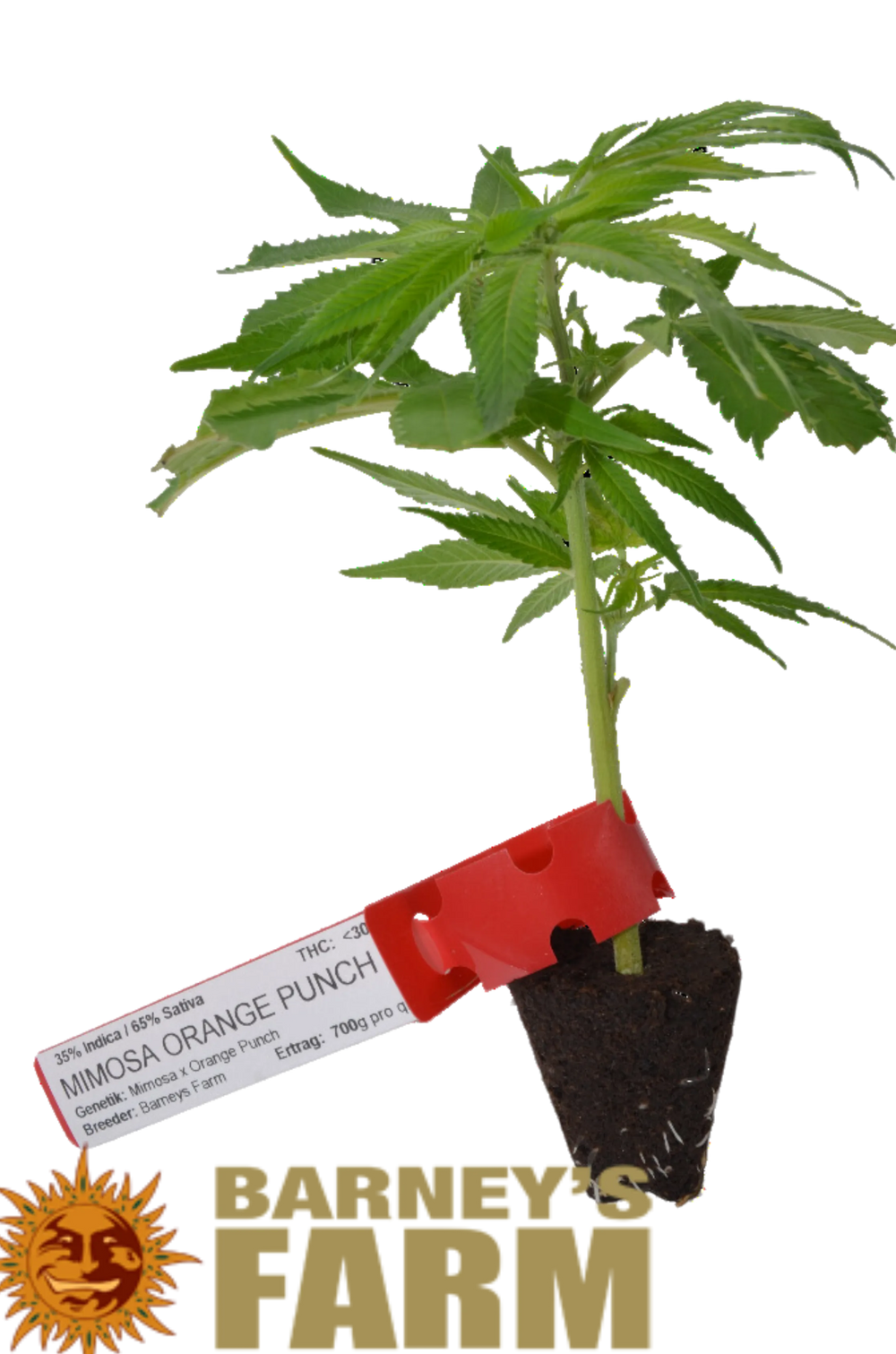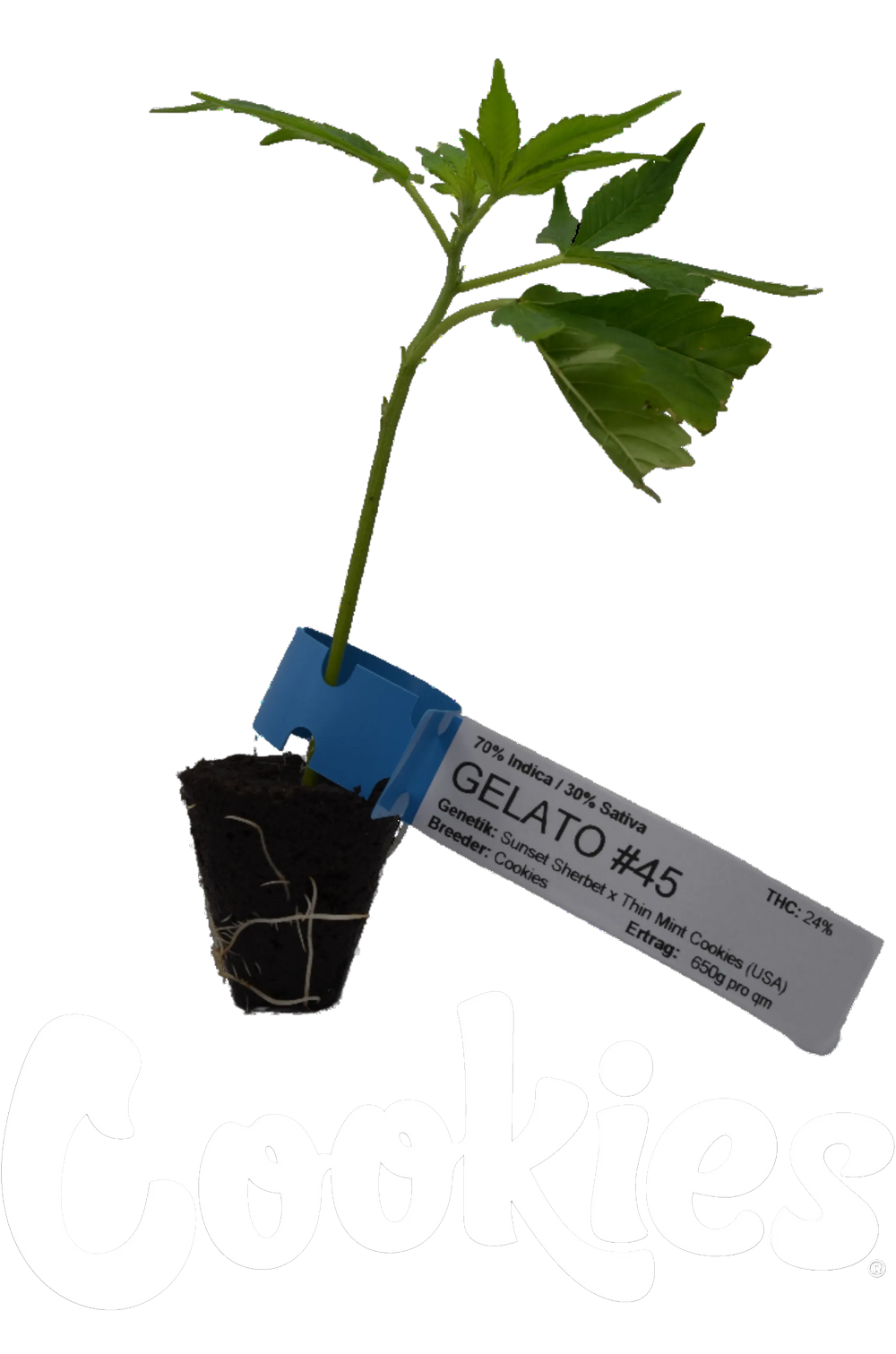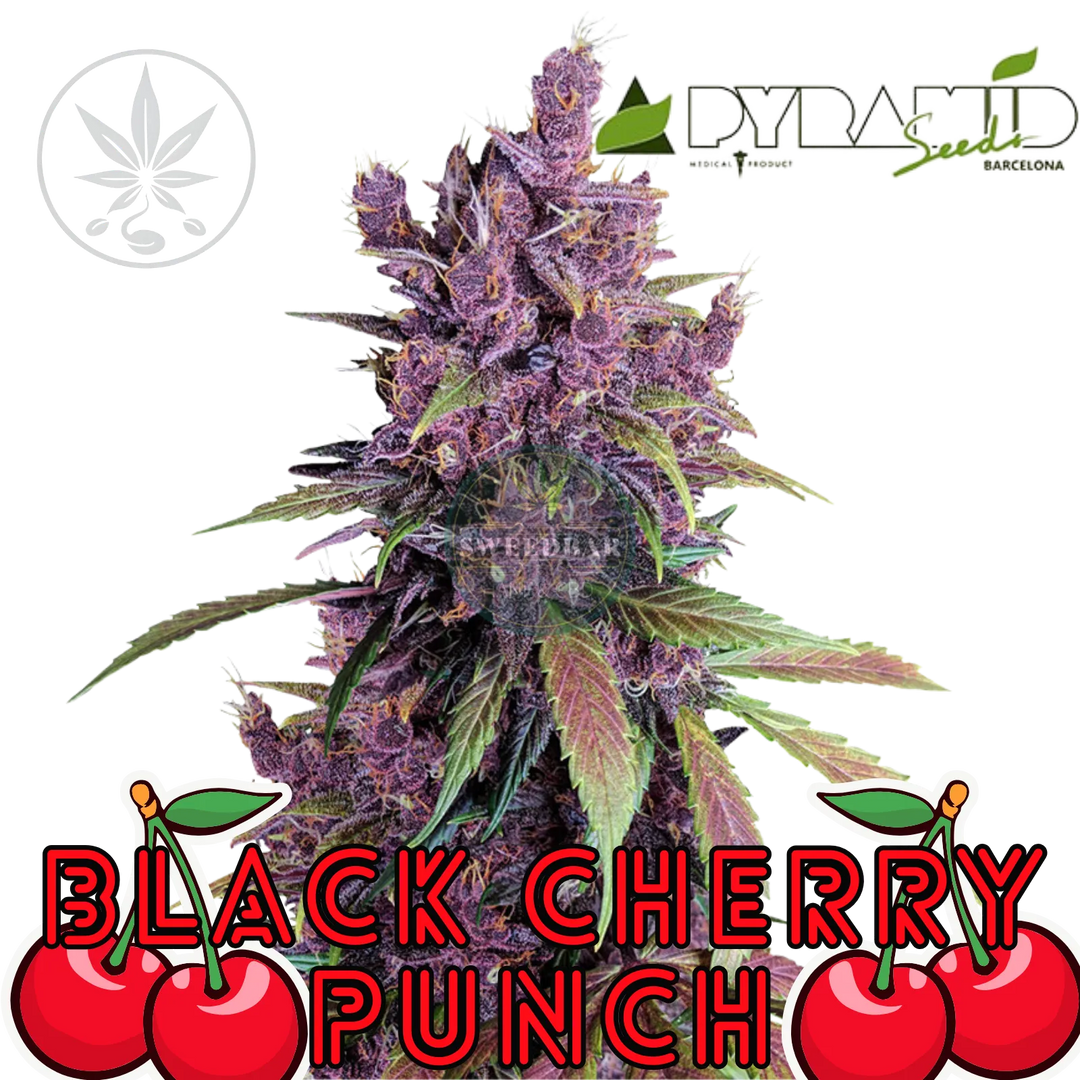What is cannabis hydroponics?
Hydroponics is a special method for cultivating plants without soil. When growing cannabis, this means that the roots grow directly in a nutrient-rich solution instead of digging through soil.
This process ensures optimal supply of water, nutrients, and oxygen, which can accelerate plant growth and increase yields.
Many professional growers use this technique because it allows for more precise control over conditions while also reducing the risk of pests and diseases.
Hydroponics for Cannabis?
The biggest advantage of hydroponics is its efficiency. Since the plant roots are continuously supplied with an optimally balanced nutrient solution, they often grow faster than in conventional soil. In addition, the system allows for precise control over pH levels and nutrient content, which reduces the risk of deficiencies. Another benefit is that hydroponic systems are often less susceptible to pests and fungal infestations, as there is no soil to harbor pathogens. These factors make the method especially appealing to indoor growers who want maximum control over their plants.
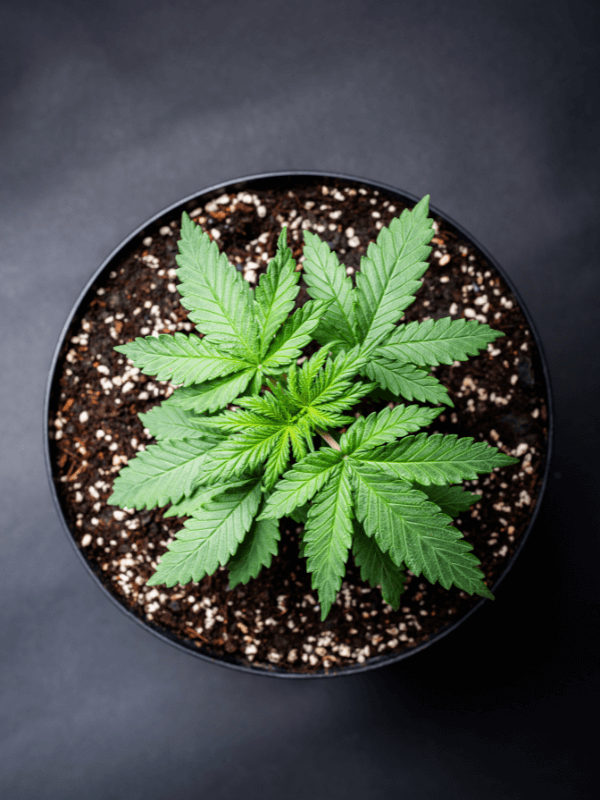
Featured collection View all
What equipment do you need for cannabis hydroponics?
A well-designed hydroponic setup consists of several components that should be perfectly coordinated. First, you need a suitable system, such as a Deep Water Culture system (DWC) or an NFT system (Nutrient Film Technique).
This includes a water tank to store the nutrient solution, as well as a pump that introduces oxygen into the water to keep the roots healthy. Instead of soil, a special substrate like expanded clay or rock wool is used to support the plants. In addition, pH and EC meters are essential to ensure that nutrient levels always remain within the optimal range.
Which hydroponic systems are suitable for cannabis?
There are several methods for growing cannabis hydroponically. The Deep Water Culture system (DWC) is especially popular because the plant roots hang directly in the nutrient solution and are continuously supplied with oxygen. Another technique is the Nutrient Film Technique (NFT), where a thin film of nutrient solution flows over the roots.
Advanced growers also use aeroponics, where the roots hang in the air and are sprayed with a fine mist of water and nutrients. Each of these methods has its own advantages and disadvantages, so choosing the right system depends on individual needs and the available budget.
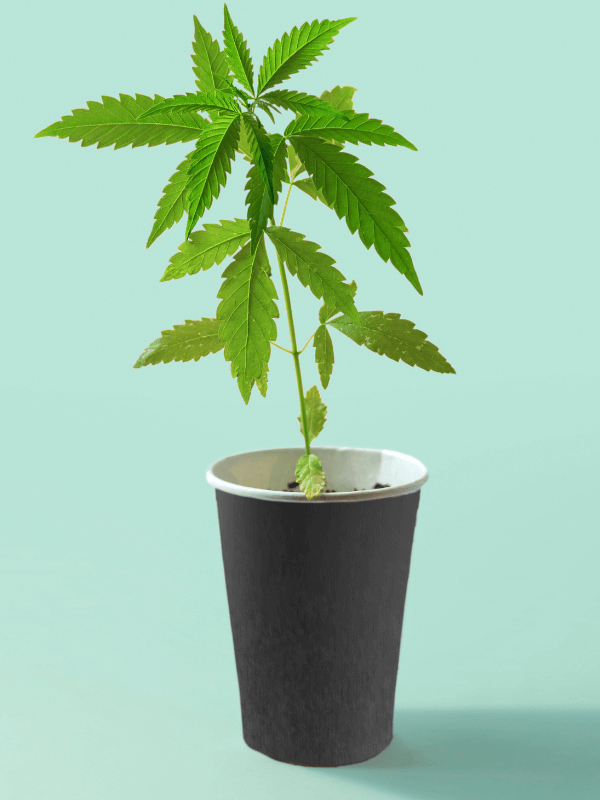
What does optimal nutrient supply look like in hydroponics?
Since the plant roots do not have natural soil, all nutrients must be supplied through the solution. Three main nutrients are essential: nitrogen, phosphorus, and potassium.
In addition, plants need trace elements such as calcium, magnesium, and iron to grow healthily. It is also particularly important to set the pH value correctly, which should ideally be between 5.5 and 6.5. If the pH value is too high or too low, the plants may not be able to absorb certain nutrients properly, which can significantly impair their growth.
Cuttings View all
What are the ideal light and temperature conditions?
As with any indoor grow, lighting plays a crucial role. During the growth phase, cannabis needs about 18 hours of light per day, while in the flowering phase, the schedule is switched to a 12-hour cycle. LED or HPS lamps are especially popular because they provide high light output. The temperature should also remain consistent—ideal values are between 20 and 26 degrees Celsius. Humidity should be around 60% during the growth phase and can be reduced to 40–50% during flowering to prevent mold.
Is hydroponics a good choice for growing cannabis?
Growing cannabis using hydroponics offers many advantages, but it also requires careful planning and monitoring. If you choose this method, you can expect faster growth, higher yields, and better control over nutrient supply.
However, keep in mind that setting up a hydroponic system involves certain costs, and regular measurements are necessary to ensure optimal conditions. For ambitious growers who want to get the most out of their plants, hydroponics is definitely a worthwhile alternative to traditional soil cultivation.


